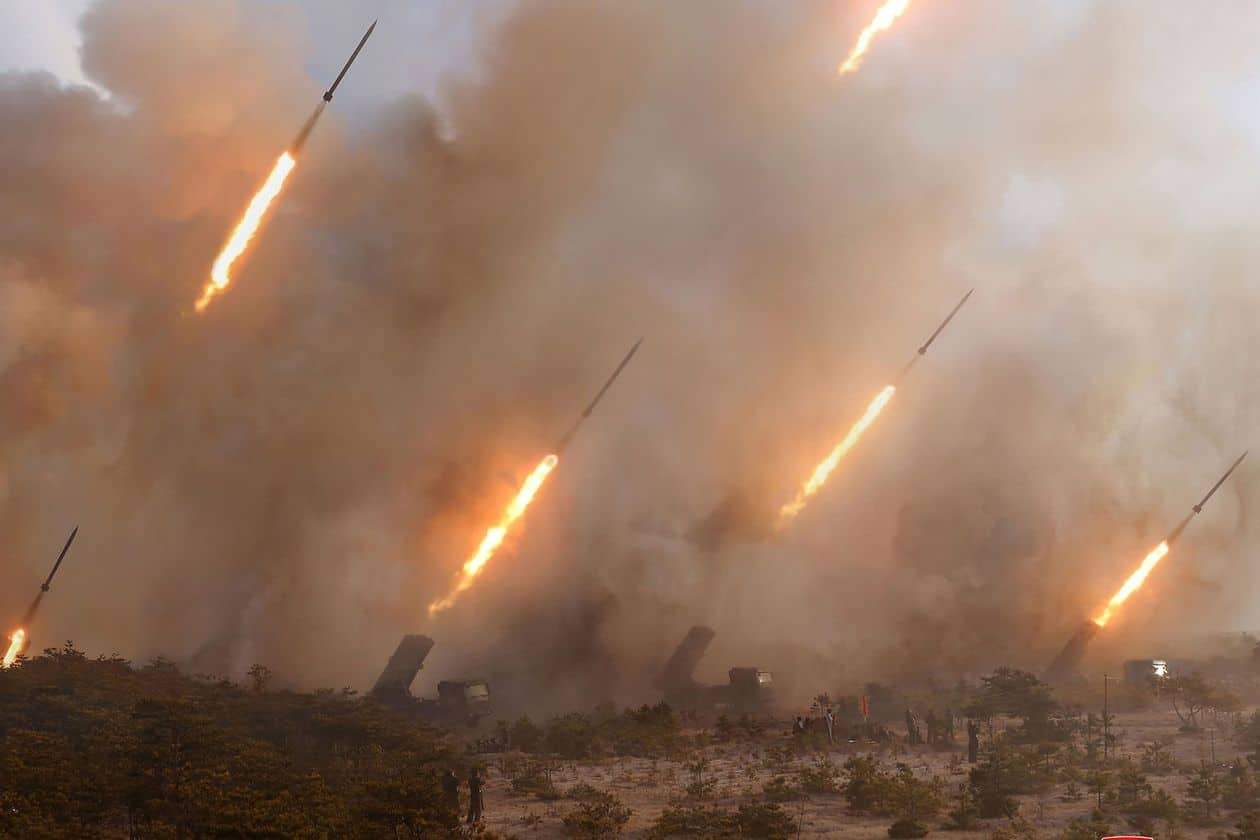Japan Edges Toward Military Pre-emptive Strike Option

Ruling-party lawmakers are pushing for Japan’s military to have the ability to strike foreign missile-launch sites to improve deterrence against potential attacks from North Korea and China.
A proposal released Friday by the Liberal Democratic Party’s defense policy committee is set to be a new test of Japan’s pacifist constitution under Prime Minister Shinzo Abe, who has sought to loosen restrictions on the military in response to rising challenges from Beijing and Pyongyang in recent years.
“New efforts are needed to improve deterrence, including the possession of the ability to defeat ballistic missiles and other weapons, even in the territory of an opponent,” the proposal said. Japan’s National Security Council is set to consider it in August as part of a review of defense policies.
The recommendation follows a government decision in June to scrap a plan to buy a U.S.-made missile-defense system, which would have provided Japan with a nationwide layer of protection against ballistic missiles. Tokyo blamed major new costs and delays from modifications needed to ensure rocket debris from the Lockheed Martin Corp.-developed Aegis Ashore system didn’t land on residential areas in Japan.
The LDP proposal said Japan should look for ways to find similar improvements to its missile defenses to those the Aegis Ashore system would have provided, while also using deterrence to ward off any possible attacks.
Itsunori Onodera, the head of the committee and a former defense minister, said intelligence and surveillance capabilities are needed to provide Japan with the ability to identify missile threats. Japan would likely need early-warning satellites and an increase in its reconnaissance aircraft, as well as new missiles and targeting systems. The proposal didn’t include details.
The proposal is likely to face objections from some opposition lawmakers because Japan’s constitution includes a clause banning the use of military force to settle international disputes. Ruling-party lawmakers say Japan’s military, known as the Self-Defense Forces, has the right to eliminate any imminent threats, such as when an enemy appears to be preparing to launch a missile attack. The LDP committee said its proposal is exclusively for defense.
“This is unconstitutional,” said Asaho Mizushima, a law professor at Waseda University in Tokyo. “The Self-Defense Forces are entitled to counterattack only after an opponent violates Japan’s territory.”
“A pre-emptive strike would change this to self-offense,” he said.
Japan relies heavily on the threat of U.S. military retaliation for its defense under a security alliance formed after World War II. But Tokyo has been boosting its own military capabilities in recent years, such as the development of aircraft carriers and purchases of cruise missiles, as well as the creation of a Marine-like amphibious troop unit.
Mr. Onodera said Japan would closely coordinate with the U.S. if it were to conduct a strike mission in enemy territory.
Photo: This picture, released from North Korea's official Korean Central News Agency on March 10, shows a test of weapons in North Korea. - PHOTO: STR/AGENCE FRANCE-PRESSE/GETTY IMAGES
Link: https://www.wsj.com/articles/japan-edges-toward-military-pre-emptive-strike-option-11596195100




